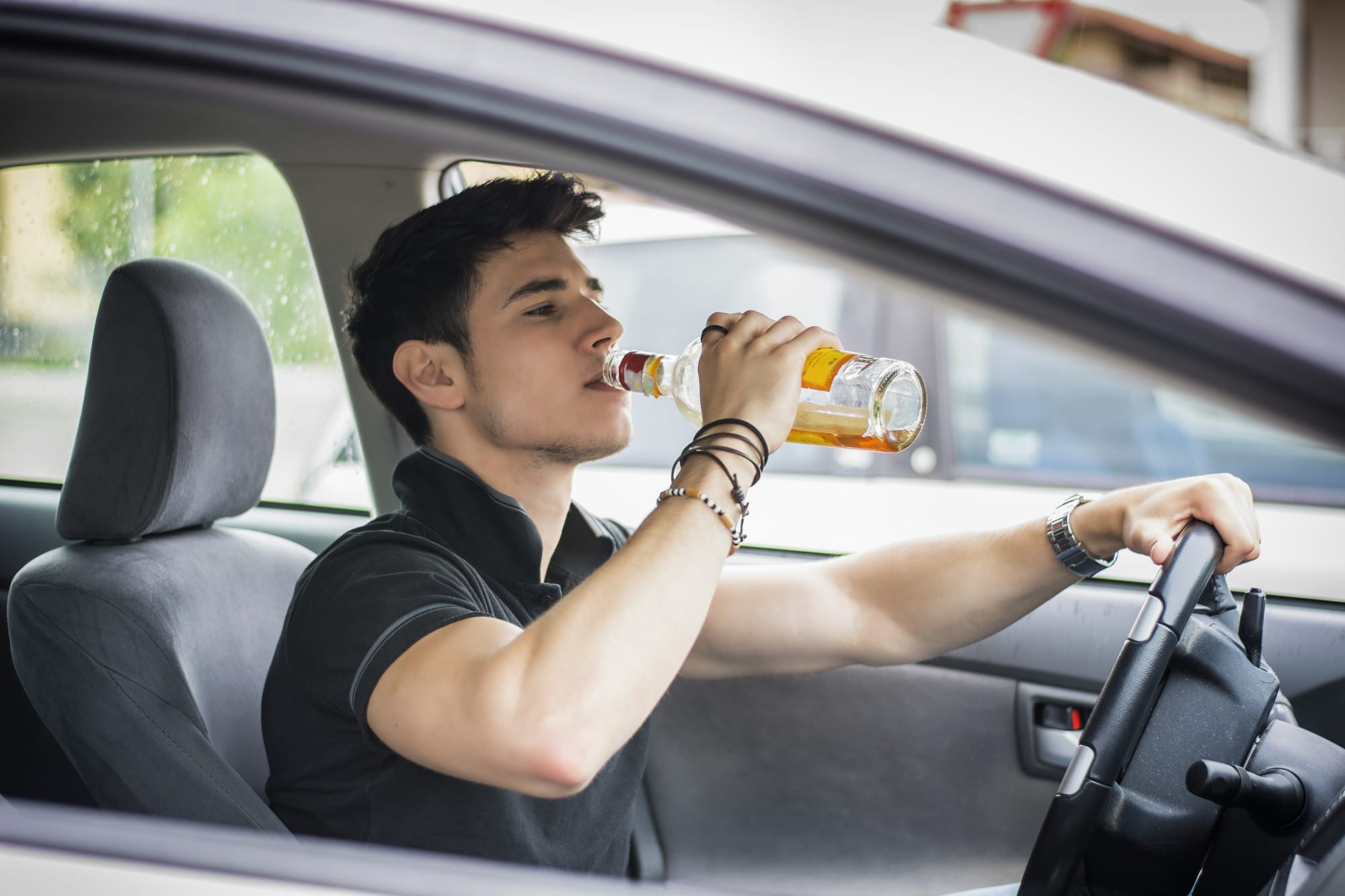Justin Stoltzfus
With prices above $4 a gallon in some areas and no relief in sight, Americans are complaining about the costs of gasoline. Yet rising gas prices may have an unexpected benefit — keeping drunken drivers off the roads.
The study’s findings
When gas prices go up, people drive less, decreasing crash rates across the board. A recent study by Mississippi State University’s Social Science Research Center suggests that this pattern is particularly pronounced when it comes to drunken driving crash rates. The study, which appeared in the journal Accident Analysis and Prevention, analyzed accident statistics in Mississippi between 2004 and 2008.
According to the study, each spike in gasoline prices corresponded with a dip in drunken driving crashes. This dip was not as dramatic when it came to other types of crashes (like crashes during commuting hours). The researchers concluded that spending more on gas left drivers with less money to spend on alcohol, meaning fewer drunken driving accidents. Meanwhile, driving to work is considered essential, and therefore is not as strongly influenced by gas prices.
Researchers also found that increases in the price of gasoline lowered rates for minor drunken driving accidents, but did not produce the same significant changes for drunken driving accidents that resulted in injuries or deaths. This led the group to conclude that gas prices may have more of an influence on light or moderate drinkers.
An expensive crime
Gas prices aren’t the only thing that makes drunken driving expensive. A single conviction is enough to wreck the transportation budget of many drivers. For those who don’t have extensive savings or who live on fixed incomes, a single DUI or DWI conviction can make it difficult and pricey to get auto insurance.
According to Progressive, a drunken driving conviction puts a driver in the high-risk category. Points are added to your license, and your insurance company will take note. Often, drunken drivers will have to file what’s called an SR-22 with their local governments. This form is required to prove that they have the required amount of insurance — and because they have demonstrated a tendency toward risky behavior, that insurance will likely cost more.
Insurance after a DUI or DWI can, quite simply, be expensive. Those who need this kind of auto insurance should get insurance quotes from various companies that cater to high-risk drivers, or even to look into state-run high-risk insurance pools. But the best way to handle this situation proactively is to hand over the keys before going out drinking.
